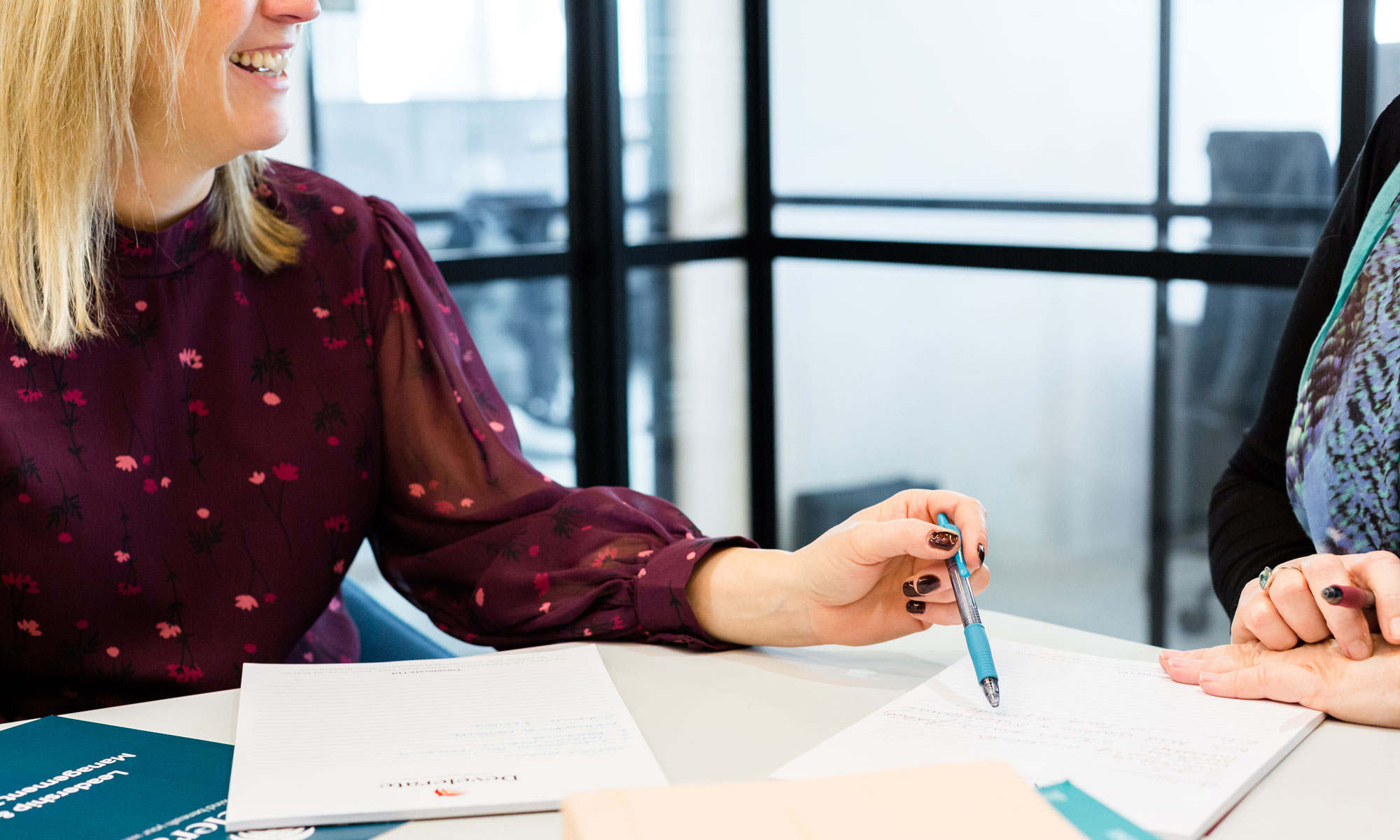Confidence is an important ingredient for many aspects of our lives. It is a learned skill and not true that some people are just born with it. Having confidence in yourself will be visible to others who will pick up on it and then they will start to show more confidence in you. In the workplace this is important, particularly if you are new to your role, stepping up to cover an absence or aiming for promotion. In life outside of work, demonstrating confidence in relationships, friendships and your day-to-day life can help you to grow, evolve and develop on a personal level.
Some days you are going to feel massively confident and there will be days where you do not. This is completely normal – you can’t be happy and joyful every minute of every day. You are going to experience setbacks and disappointments, but how you choose to handle them will have an impact on your confidence and also your self-esteem.
How can you become more confident?
Confidence comes with practice and thought. How you think about situations is an important part of the confidence-building process. Letting worries and anxieties take over can send you into a spiral of despair and confidence can become a distant memory.
Thinking confidently is a good step in the confidence-building process. How would a confident you tackle that issue? What would a confident version of you say in that situation? Lifting your head and standing taller can help you to feel more confident. Doing things that will increase your confidence levels can help you reinforce your self-belief and ultimately, your confidence.
Thinking Confident thoughts
Start to develop a positive mindset. What can you change or control? Worrying about things you cannot change, or control will send your confidence packing. If you think you can change or control something, what is the next action or step you need to take? Think about your past successes and achievements. Allowing these thoughts into your mind will help your confidence to increase. If you think you can, you are halfway there. If you think you can’t, you are much more likely to fail.
Don’t compare yourself to others. Easier said than done, especially in the world we live in. Everybody is unique and everybody has so much to offer. What makes one person a success can be extremely different to the next person. If everyone was the same, the world would be very boring. There are so many ways that people can complement each other – one person may be good at Word, another could be great with Excel. One of your friends make bake amazing cakes and another may be great at art. You will always find reasons to compare yourself with others but remember your uniqueness is yours and yours alone.
Spend some time appreciating yourself. Remind yourself of your strengths, talents and achievements. Note them down, record them on your phone and keep adding to the list. When you are having a low day, read through the list and reflect on every strength and achievement.
Replace negative thoughts with positive thoughts. We all have an inner voice that may be quiet most of the time, but there will be occasions where it might get a little louder. If a situation arises where you feel a lack of confidence, listen to your inner voice and if it is saying something negative like ‘there’s no way I can do this’, replace it with, ‘It might be hard, but I am going to give it a try’.
Handling your fears. Everyone has anxieties and worries from time to time and has struggled with confidence in different situations. Try to manage your thoughts with some positive inner-chat and keep the worries and anxieties at bay. Ask yourself what the confident version of you would do or say.
Practice being confident
Do things that challenge you. Practice regularly and reflect afterwards. Note your successes and how positive you felt afterwards. Over time, you will be able to achieve more and more, building your confidence step by step.
Accept compliments in the spirit they are given. Smile and thank the person. Allow the compliment to absorb into you. Work hard to not brush off your achievement or downplay the reason for the compliment.
Recognise and play to your strengths. Use them where you can. Help others when possible as this will be a nice confidence boost for you, and you will have helped someone at the same time.
Avoid people-pleasing. There is a difference between saying sorry when you have made a mistake and constantly over-apologising for every situation. If you are asked to do something and it’s just not possible, say so.
Learn from mistakes. Constantly worrying you might fail at something will stop you from trying in the first place. Taking an approach of ‘if it goes wrong, I will learn what not to do next time’ is going to build your confidence more than never trying and then feeling like you are not good enough to try.
Appearing Confident
Surround yourself with positive people. Positivity breeds positivity. Support and shared optimism will help you to develop your courage levels. Those positive people will also be there to support you if you try something which then doesn’t quite go to plan.
Set realistic goals for yourself. Start small and build up. Baby steps will lead you to greater successes and achievements. If you were learning to dive, you would work your way up the different levels, rather than going straight from the top board…..wouldn’t you?!
Body Language. This is important in almost all situations. Walking with your shoulders rounded and your head down is not going to lead people to think you are confident. Good posture, holding your head up and the ability to make eye contact and smile is going to lead people to believe in you and make them feel like you are giving them your full attention.
Speak clearly so you are heard. It is easy to rush what you are saying when you feel nervous or excited, so remember to breathe deeply and slowly before responding or starting to speak. This will help you to remain calm and come across as confident to your audience.
Just before I go……..
Confidence is a skill that can be built over time. Nobody is perfect and we all have high expectations of ourselves. Real life means that we are going to have days where the world is our oyster and days when it is our worst enemy. Reflect on your successes and achievements when you are having a bad day and it might not feel quite so bad. Ask people you trust to give you feedback on specific situations and use it to improve your skills.
Peter T McIntyre says ‘Confidence comes not from always being right, but not fearing to be wrong’





Leave A Comment